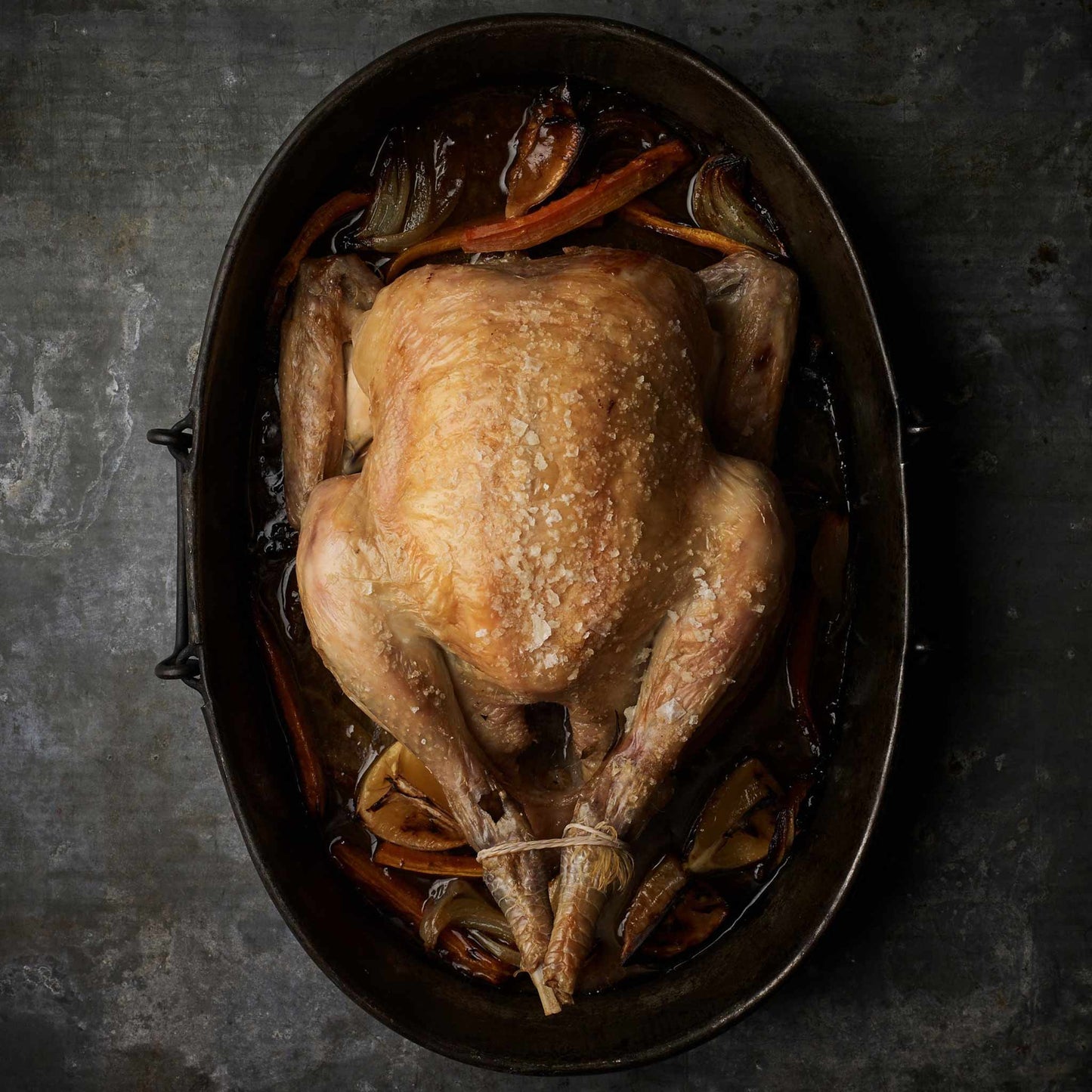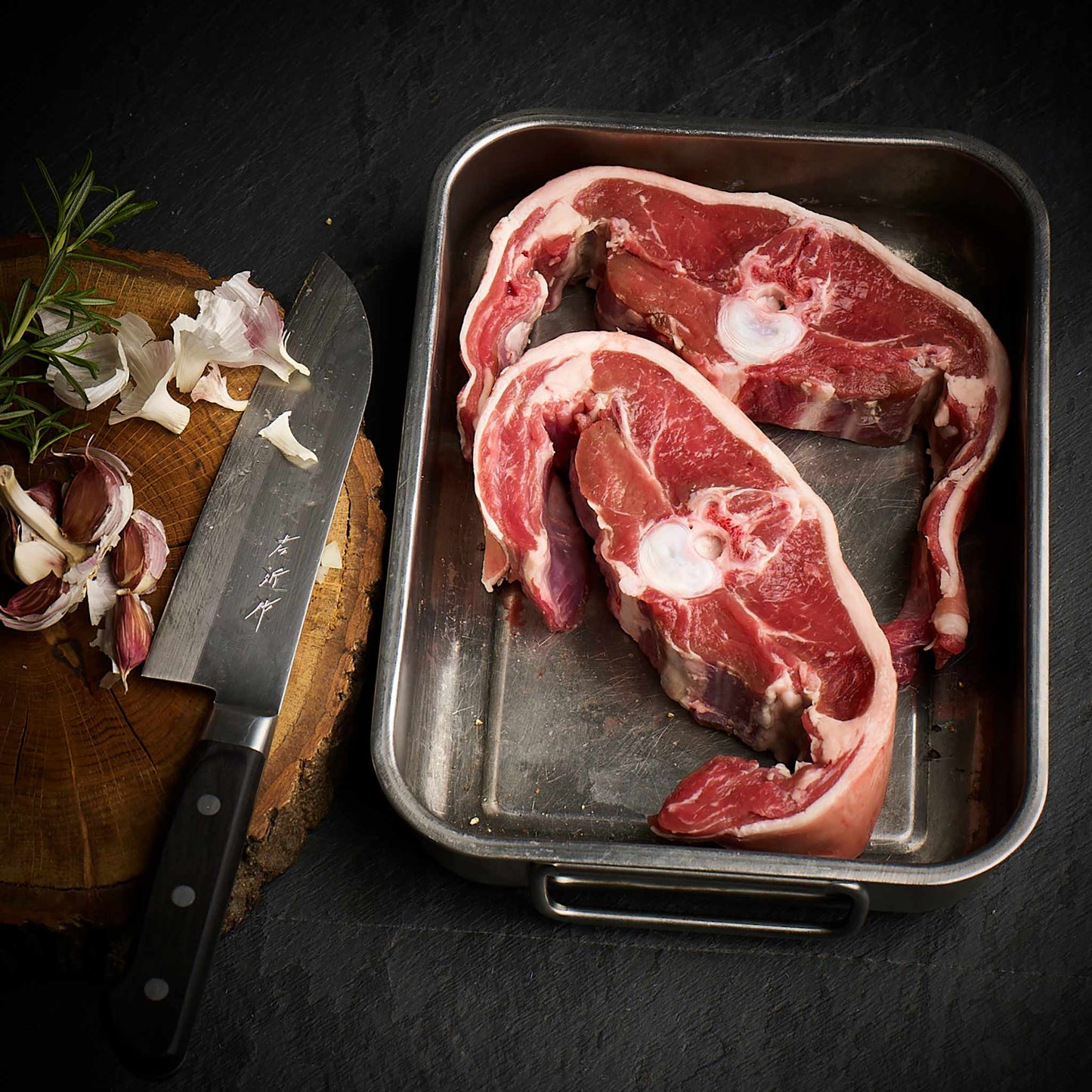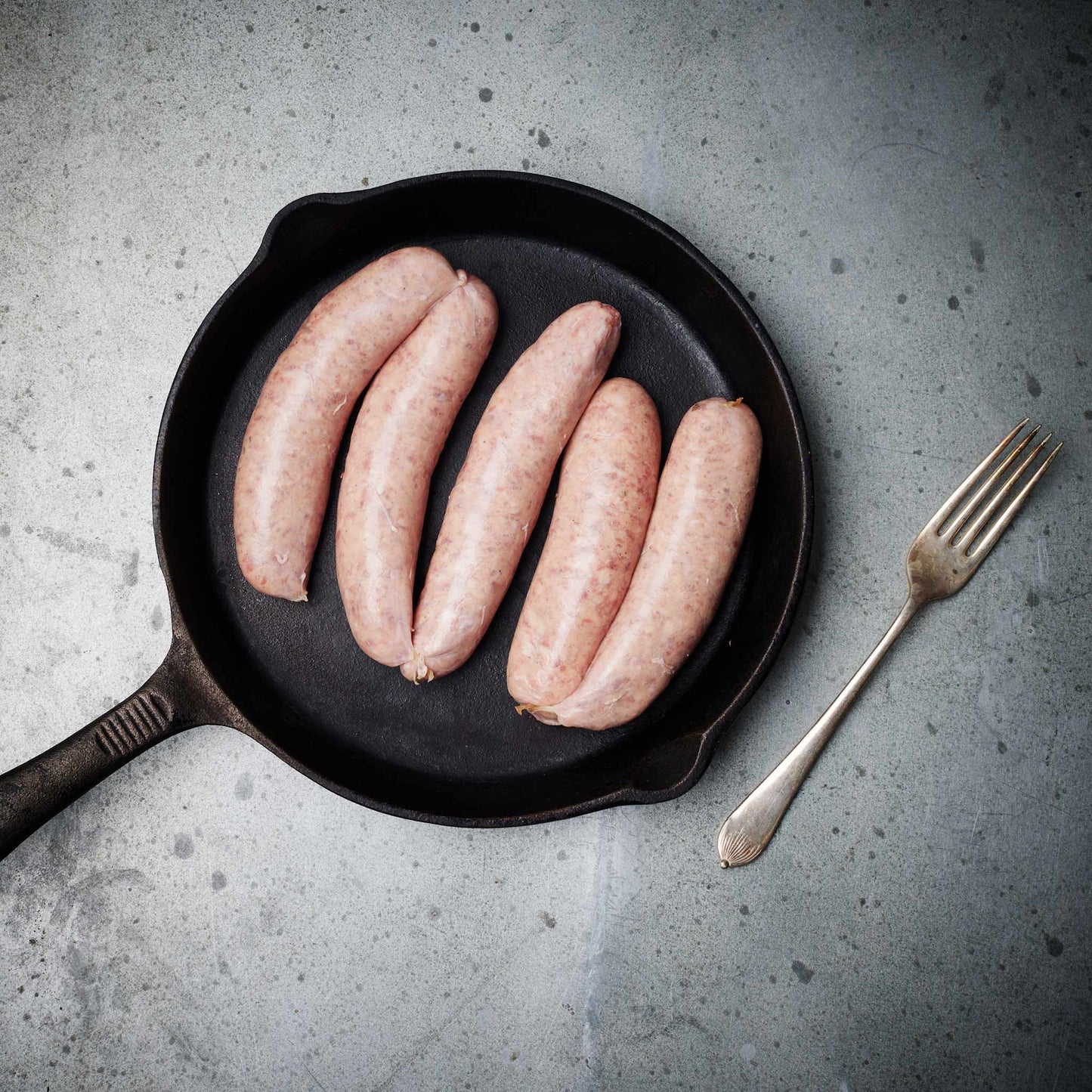We source our chicken from one farm in Leicestershire. The farm is Pasture for Life certified and rears truly free range, outdoor birds.

How this moulded our business
As a business the concept of regeneration is our core purpose and this manifests as operating a model of continuous improvement in everything we do.
We set out to be industry disruptors and to challenge the status quo, we feel that there is no part of the food production that can't be improved, no matter how large or small the improvement these changes should be made wherever practicalities and economics will allow.
What we have actually achieved.
Soy-Free
We felt that a UK based food system could not be considered to be regenerative if it was reliant on South American derived soybean meal, regardless of it being a waste product from another industry producing oil the transportation alone to get this product to the UK uses a huge amount of fossil fuel energy and the causes emissions.
At first we were told it couldn't be done, we were told that the animals would not grow without the amino acids contained in soybean meal but we persisted, we researched, we talked, we read and we met farmers who believed in our mission and we tried, we tried and we succeeded in offering both chicken and pork with no soy in the feed ration.
Beyond grass fed
When we launched the business our aim was to offer grass fed beef and lamb that was truly grass fed. A loophole in DEFRA's food labelling legislation means that animals only need to be 'predominately' grass fed to be labelled as 'grass fed meat'. In an extreme case this can be 49% grain fed animals being sold as grass fed.
Why this matters.
This is important for three main reasons which we have covered extensively in other articles but as a reminder they are:
1. Animal welfare - Grains make grazing animals gain weight and put on fat quickly as it is not their natural diet, grain feeding can also cause digestive problems as the microbiome has to adjust from grasses.
2. Environmental - Conventionally grown grains require fertilisers, ploughing, harvest and transportation before they get to the farmed animals using resources and fossil fuels taht is simply unnecessary and increases the carbon footprint of the meat.
3. Nutrition - completely pasture raised meats have a superior nutritional profile for us than grain finished ones.
Because of this we chose to only supply meat from farmers that were PFLA (now simply called Pasture For Life)
When we launched we were happy to be simply supplying grass fed meat from grazing animals however we discovered that was more to the picture than the simple avoidance of grain finishing, the farmers we met were actually regenerating the land they were farming.
A regenerative supply chain
As the business evolved, we moved on and we instigated incremental improvements until we were able to make the claim that all of the meats we sell come from animals that have had some net benefit to the ecosystem in which they live and participate in, this is a fundamentally different mindset from reductionist farming where animals are separated from nature.



